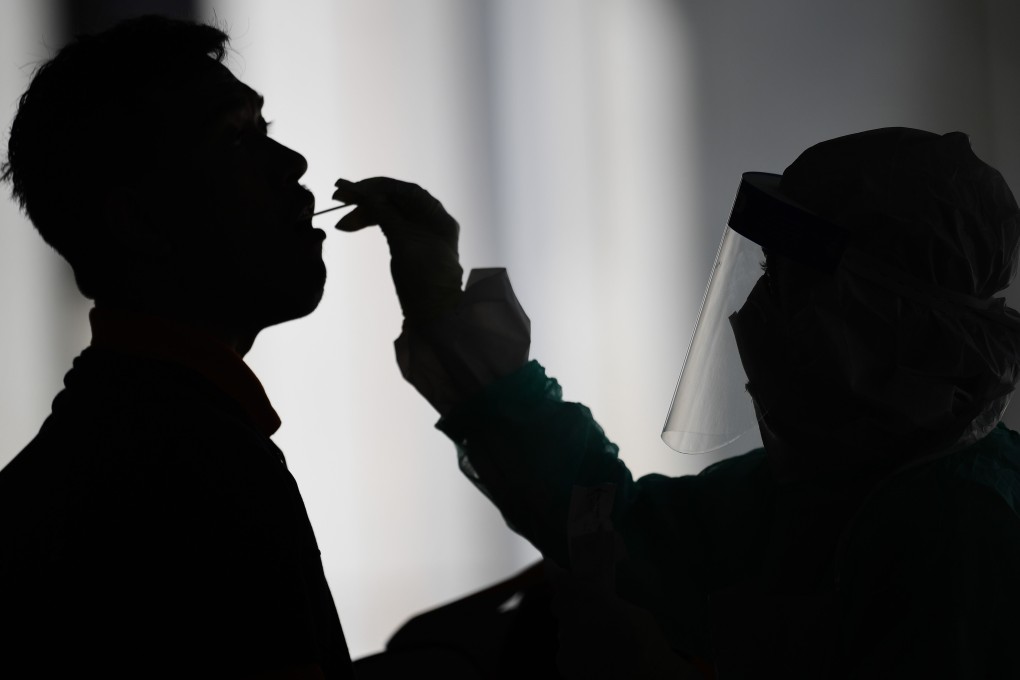Advertisement
Opinion | Why do some people with coronavirus get symptoms while others don’t?
- Some studies have indicated people with Covid-19 tend to have a high viral load just before and shortly after they start getting symptoms
- This suggests they can transmit it when they first get sick and up to 48 hours before, while they’re pre-symptomatic
Reading Time:4 minutes
Why you can trust SCMP

SARS-CoV-2, the coronavirus which causes Covid-19, has infected almost 2.5 million people around the world and claimed 170,000 lives.
But some people don’t even get symptoms. Recent studies suggest as many as 80 per cent or more of those infected are “silent carriers”, showing no or very mild symptoms.
It seems children and young, healthy people are more likely to be asymptomatic. But to calculate the true proportions of people who have no symptoms right through to severe illness, testing would need to be expanded across whole populations, and this hasn’t been feasible yet.
Advertisement
We don’t know exactly why some people with coronavirus are asymptomatic while others develop life-threatening illness. But here’s what we know so far.
What happens when coronavirus enters your body?
Like all viruses, Sars-CoV-2 needs to get inside human cells to multiply and survive.
Advertisement
Advertisement
Select Voice
Select Speed
1.00x